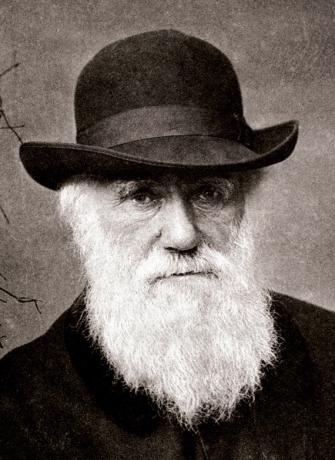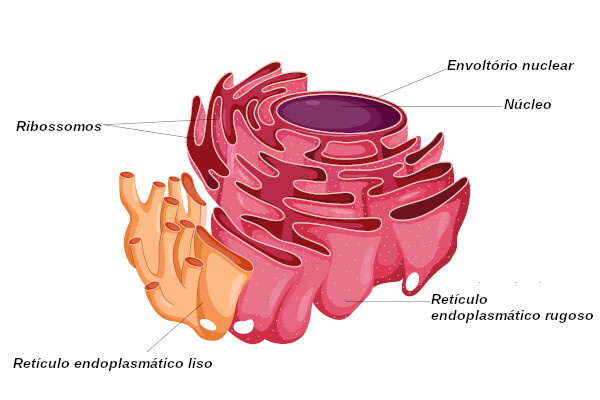Darwinism is a practical term referring to the studies developed by Darwin and its implication in studies:
of the environment,
of the evolutionary process of living beings,
of the organization of life on the planet.
Read too: Lamarckism - evolutionary theory proposed by Lamarck
Development of Darwinism
Darwin, through the studies carried out by malthus, knew that the growth potential of populations is much greater than the potential of the environment to generate resources to maintain and feed individuals. Thus, he concluded that there would be a competition and those that present variations that favor their survival will be the ones that will manage to leave a greater number of descendants.
Thus, when analyzing the reproduction and mortality rates in different populations and verifying these data experimentally, there would be individuals who, because they were different, would survive and reproduce with greater success, thus passing your characteristics. After several years, in the event of this favoring, associated with this characteristic presented, we would find a
greater number of descendants of the fittest.Beings with less favorable characteristics would find it difficult to compete, reproduce and survive. In this way, through the natural selection, individuals with unfavorable characteristics would tend to almost disappear with the passage of time.

In any population we will find different individuals, either internally or externally. These variations can occur through, for example, random mutations., random, and that, upon reproduction, this information is transmitted to the descendants.
However, since the resources of the environment are limited and cannot support the infinite growth of a population, the idea of competition between individuals of the same species would explain why some survive and why others die. Thus, those who eat and live longer have, consequently, greater chances of mating and leaving more offspring.
Do not stop now... There's more after the advertising ;)
Darwinism benchmarks
Darwinism is a mechanism that causes continuous changes in populations of living beings and we can decompose this mechanism into five references:
Variation:Individuals are not totally similar, even if they are related. This variability contributes to the evolutionary process by presenting different characteristics in different individuals.
Heritage: the way in which the passage of characteristics takes place was a factor that intrigued Darwin, but he did not get a conclusive answer on the subject. The answer came with the Genetics.
Selection: competition for environmental resources would be a determining factor for the evolution of a species.
Time: natural selection does not take place in short periods of time. We also have that the environment is constantly changing, causing continuous changes.
Adaptation: would be the characteristic that favors the survival of individuals in a given environment. Individuals have different adaptations to the same environment, but by natural selection, only the fittest will be able to survive.
See too: What are the types of natural selection?
natural selection vs. artificial selection
Darwin also studied animals that are bred in captivity. He observed that when we provide them with the ideal conditions for their survival, all individuals have the same chances of surviving, quickly reaching a high number of individuals. In that case natural selection does not occur, because we “neutralize” its action.
Darwin noted, in relation to Influence of Man on the Animal Breeding Process, who, when choosing features that meet his needs, also performs a type of selection, which he called artificial selection. Thus, we have the differences presented between the wild pig and the domestic pig, for example.
Would you like to reference this text in a school or academic work? Look:
FERREIRA, Fabricio Alves. "Darwinism"; Brazil School. Available in: https://brasilescola.uol.com.br/biologia/darwinismo.htm. Accessed on June 27, 2021.


